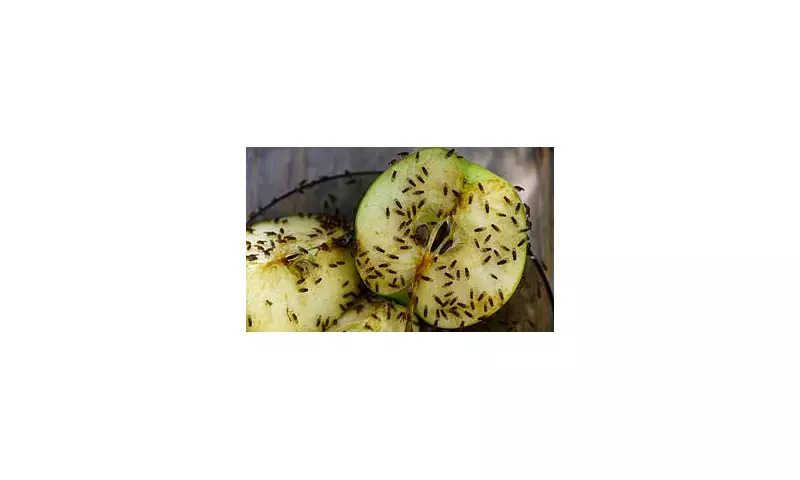
British households are facing an unprecedented invasion of fruit flies as experts issue urgent warnings about the perfect storm of conditions creating a nationwide infestation. The tiny pests, known scientifically as Drosophila melanogaster, are swarming kitchens and fruit bowls across the country in numbers not seen in recent years.
Why Now? The Perfect Breeding Storm
Pest control specialists have identified several factors contributing to the current crisis. The combination of warmer temperatures, increased humidity, and abundant food sources has created ideal breeding conditions for these persistent insects.
Dr. Eleanor Vance, an entomologist at the National Pest Advisory Service, explains: "We're seeing population explosions because fruit flies can complete their life cycle in just 7-10 days. A single female can lay up to 500 eggs, meaning a small problem can become a major infestation in less than two weeks."
Hotspots and High-Risk Areas
Certain areas are experiencing particularly severe outbreaks. Urban centres with higher population density and more food waste are seeing the worst effects, but no part of the country appears immune.
The most vulnerable locations in any home include:
- Kitchen fruit bowls and vegetable storage
- Recycling bins and food waste containers
- Drains and sink areas
- Compost heaps and outdoor waste areas
- Anywhere moist organic matter accumulates
Effective Prevention Strategies
Homeowners are being advised to take immediate action to combat the invasion. Simple household measures can make a significant difference in controlling populations.
Key prevention methods include:
- Store all fruit and vegetables in refrigerators when possible
- Empty and clean kitchen bins daily
- Regularly clean drains with boiling water and vinegar
- Ensure all food waste is properly sealed
- Use fine mesh screens on windows during warmer months
When to Call the Professionals
While many infestations can be managed with diligent household cleaning, experts warn that persistent problems may require professional intervention. Signs that you need expert help include continuous presence despite thorough cleaning, visible breeding sites you can't locate, or populations that seem to be increasing despite your efforts.
The current outbreak serves as a stark reminder of how quickly nature can reclaim space in our homes. As one pest control specialist noted: "These tiny flies might seem harmless, but they can contaminate food and spread bacteria. Taking action now can prevent a small nuisance from becoming a major household problem."





